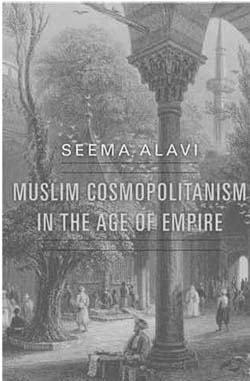A feature of scholarship on Muslims and Islam in South Asia until recently was that it tended not to explore their connections beyond the subcontinent. The British as historians, though not as rulers, established this tendency. After Partition Indian Muslims for very good political reasons chose not to draw attention to their historical links with the wider Muslim world. Recently this has all changed. Several books on the Mughals, in particular Moin Azfar’s The Millennial Sovereign: Sacred Kingship and Sainthood in Islam(Columbia University Press, 2014) has demonstrated that it is not possible to understand Mughal kingship without becoming aware of its Timurid background. The same goes for much else of the Mughal period from the role of women at court through to Islamic scholarship. Nile Green has demonstrated in his Bombay Islam: The Religious Economy of the West Indian Ocean, 1840– 1915 (Cambridge University Press, 2011) that to understand Islam as practised in nineteenth- and twentieth-century Bombay it is not nearly enough to take into account its hinterlands in northern India and Hyderabad. One must also take into account the great networks of trade, princely and Sufi connections linking the Indian Ocean worlds of South and East Africa, the Hadhramaut and Iran to the great seaport.
October 2015, volume 39, No 10

